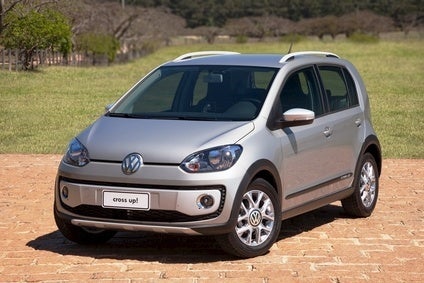
Workers at a Volkswagen factory in Brazil voted to end a 10-day strike after the automaker agreed to cancel 800 layoffs and presented a new labour deal good to the end of 2019.
According to Reuters, VW said it would cut costs instead through voluntary buyouts and the end of some third party contracts. With the labour deal in place, the carmaker plans to begin producing vehicles soon based on a new global platform at the plant on the outskirts of Sao Paulo.

Discover B2B Marketing That Performs
Combine business intelligence and editorial excellence to reach engaged professionals across 36 leading media platforms.
Union representatives told the news agency a new accord with the company provided for annual salary increases of 1% plus inflation instead of the one-time bonuses the company offered last year. VW declined to comment on the details of the wage deal.
Production was to resume on Monday (19 July), the local metalworkers union said, ending a stoppage that began on 6 January to protest the layoffs. The settlement was agreed on Friday.
The cutbacks, along with around 250 at a nearby Daimler Mercedes-Benz plant, led to union protests that closed down part of a highway outside Sao Paulo this week and turned up pressure on President Dilma Rousseff, Reuters noted.
Her restraint in the latest labour standoff contrasted sharply with ones in recent years, when protests by unions closely aligned with her Workers’ Party led her to explicitly warn against layoffs in exchange for ongoing tax breaks to help the struggling industry.
Rousseff’s new economic team took office this month pledging an end to such favoritism and targeted stimulus in a push to restore fiscal discipline and improve the competitiveness of Brazil’s stagnant economy.
As industrial tax breaks gradually expired last year, automakers trimmed payrolls by nearly 9%, trying to restore profits in a sharp downturn with little hope of an immediate rebound.






